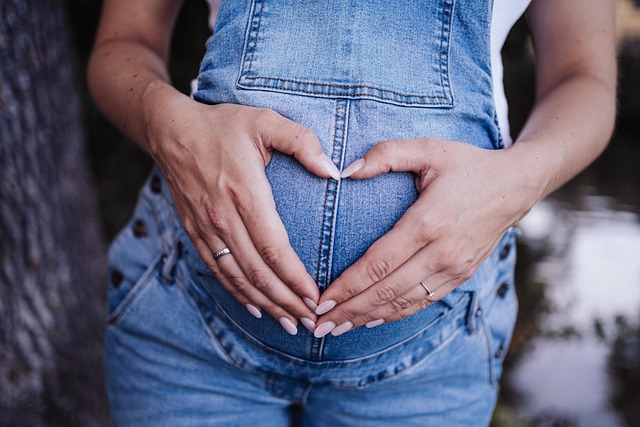If you’re on a gluten-free diet due to celiac disease or gluten intolerance, you might be concerned about maintaining proper nutrition during your pregnancy. Here’s what you need to know about managing your gluten-free lifestyle while ensuring a healthy pregnancy.
Is a Gluten-Free Diet Safe During Pregnancy?
Yes, a gluten-free diet can be safe during pregnancy, but it’s crucial to ensure you’re getting all the necessary nutrients for both you and your developing baby. Gluten is a protein found in grains like wheat, barley, and rye, which means many common foods such as bread, pasta, and baked goods are off-limits.
Can Gluten Intolerance Develop During Pregnancy?
Pregnancy can bring about various changes in your body, including your digestive system. Some women may find they develop gluten intolerance during this time, so it’s essential to monitor how you feel and consult a healthcare provider if you suspect any changes.
What Can You Eat on a Gluten-Free Diet During Pregnancy?
Focus on whole, nutrient-dense foods. Here are some safe options:
- Fruits and Vegetables: Fresh fruits and vegetables are naturally gluten-free and packed with essential vitamins and minerals.
- Proteins: Lean meats, poultry, fish, eggs, and legumes are great sources of protein.
- Gluten-Free Grains: Quinoa, rice, corn, and gluten-free oats can help meet your carbohydrate needs.
- Dairy: If you’re not lactose intolerant, dairy products like yogurt and cheese can provide calcium and protein.
For a supportive community, consider joining a group like Make a Mom’s free sperm donor matching group.
What Should You Avoid Eating on a Gluten-Free Diet During Pregnancy?
Limit or steer clear of foods containing gluten, which includes most baked goods, cereals, and processed foods. Be cautious of cross-contamination in restaurants and pre-packaged foods. Ingredients like soy sauce and certain dressings may also contain gluten, so always read labels carefully.
What About Gluten-Free Alternatives?
There are numerous gluten-free alternatives available today. However, not all of them are created equally. Be sure to choose options that are fortified with vitamins and minerals to help fill any nutritional gaps. Check out Make a Mom for resources on at-home insemination, which can be an alternative path for those looking to grow their family.
Easing Nausea When You’re Pregnant and Gluten-Free
Morning sickness can be challenging, especially when combined with dietary restrictions. To alleviate nausea, try eating small, frequent meals, and opt for bland foods that are easy to digest. If you’re interested in early oral care for your baby, you can find helpful resources at Training Toothbrush for Infants.
What You Should Know About Going Gluten-Free in Your Pregnancy
Maintaining a gluten-free diet during pregnancy requires careful planning to ensure you and your baby are receiving all the necessary nutrients. For additional insights into fertility and home insemination options, explore this excellent resource.
If you have concerns about infertility or related issues, you can refer to WomensHealth.gov for authoritative information.
To Summarize:
A gluten-free diet can be safe and healthy during pregnancy, provided you focus on nutrient-rich foods and stay informed about what to avoid. By planning your meals carefully and utilizing available resources, you can support your health and your baby’s development. For further support, consider engaging with communities and professionals who specialize in fertility and pregnancy, such as those at Make a Mom.

